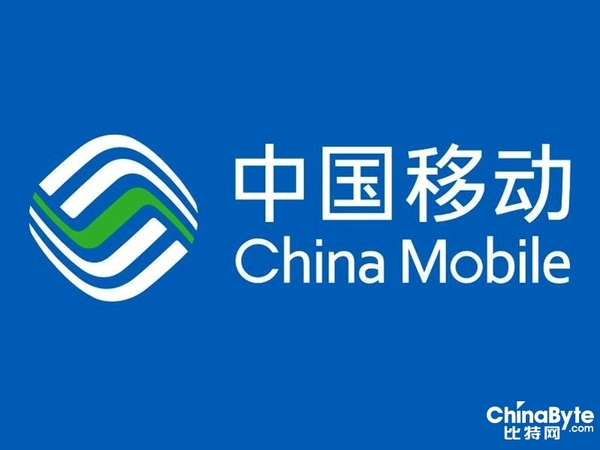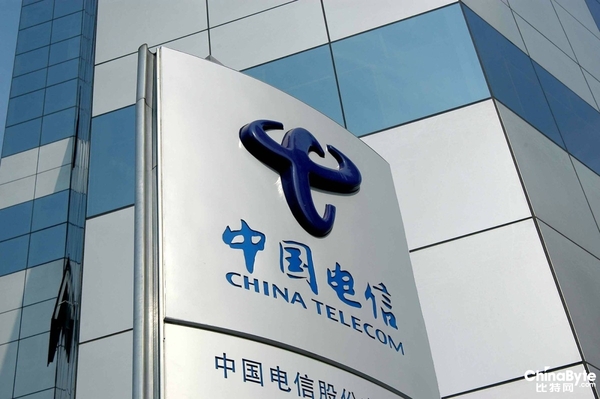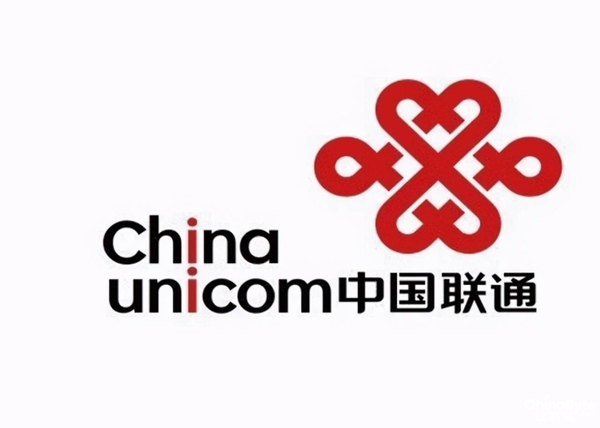Grasping the cloud network with one hand and AI with the other, what did the financial reports of the three major operators reveal?

Grasping the cloud network with one hand and AI with the other, what did the financial reports of the three major operators reveal?
Not long ago, the three major operators of China Mobile, China Unicom and China Telecom released their financial reports for the second quarter of 2023. In the first half of 2023, the total revenues of China Mobile, China Telecom, and China Unicom will be 530.7 billion yuan, 258.7 billion yuan, and 191.8 billion yuan, respectively. Under the trend of digitalization and intelligence, from the perspective of financial report data, the construction of cloud network computing power and the layout of AI large models have become another highlight in the financial reports of the three major operators.

Cloud and network integration, operators step up deployment
Today, the entire cloud computing industry has entered a mature stage, with a large number of cloud products in various vertical fields including computing, storage, and networking, and a large number of cross-cutting business fields of various manufacturers, resulting in fierce competition. In this context, pure public cloud or private cloud can no longer meet the existing business needs. Enterprises need multiple cloud environments to coexist to adapt to new business development. Cloud computing will enter the era of multi-cloud hybrid.
In fact, there is not much difference between cloud computing vendors in terms of underlying technology, and IaaS products are becoming more and more homogeneous. No matter in terms of technology, service or product model, all cloud service providers are looking for ways to make differentiated cloud products. In this context, efficient collaboration between clouds and networks will become an important indicator of product differentiation and competitiveness. Cloud-network integration is gradually transitioning from simple interconnection to "cloud + network + business".
"Cloud + network + business" is divided into two directions: upward and downward. Upward integration with specific enterprise applications enables cloud-network integration products to have more obvious industry characteristics and user needs; downward integration with ICT services makes cloud-network integration products more closely integrated with basic service capabilities, and ultimately achieves reasonable computing resources. Allocation, dynamic adjustment of service resources, and customized cloud computing services that better meet industry characteristics and user needs.

In terms of cloud-network integration layout, the three major operators are growing rapidly. In the first half of the year, China Mobile's digital transformation revenue contributed 84.1% to the increase in main business revenue, and DICT revenue increased by 24.9% year-on-year to RMB 60.2 billion. In addition, China Telecom's industrial digital business has also maintained a rapid development trend, with revenue reaching RMB 68.8 billion, a year-on-year increase of 16.7%. At the same time, cloud services and industrial digitization have become the largest investment directions. At present, the continuous acceleration of digital transformation and government and enterprise end is an important driving force for the upward valuation of the three major operators.
Specifically, in the first half of the year, China Mobile's digital transformation revenue contributed 84.1% to the increase in main business revenue, and DICT revenue increased by 24.9% year-on-year to RMB 60.2 billion. According to China Unicom's financial report data, the company's industrial Internet revenue in the first half of the year reached RMB 43 billion, accounting for more than 25% of the main business revenue for the first time, becoming an important engine to promote the company's revenue growth and structural optimization. In addition, China Telecom's industrial digital business has also maintained a rapid development trend, with revenue reaching RMB 68.8 billion, a year-on-year increase of 16.7%.

In terms of cloud services, e-surfing cloud revenue was 45.9 billion yuan, a year-on-year increase of 63.4%. Unicom Cloud achieved revenue of 25.5 billion yuan, a year-on-year increase of 36%. Mobile cloud revenue reached RMB 42.2 billion, a year-on-year increase of 80.5%. According to the 2022 annual report, the three major operators' cloud revenue last year totaled 144.3 billion yuan, which means that in just half a year this year, the operators' revenue reached 80% of last year.
In the author's opinion, these data show the active layout and remarkable achievements of the three major operators in cloud-network integration and digital transformation. As domestic leading communication service providers, they continuously strengthen technological innovation and service improvement to meet the needs of enterprises and users.
Bet on AI 2.0 and continue to make efforts
Since the end of last year, there has been a wave of AI applications around the world, such as ChatGPT and so on. Against this background, our country released the "Overall Layout Plan for the Construction of Digital China" at the beginning of this year, proposing that "building Digital China is an important engine for promoting Chinese modernization in the digital era and a strong support for building new national competitive advantages." Operators who act as the dual main force in terms of capacity and transport capacity have brought a golden window period for business growth.
According to China Mobile's financial report, research and development expenses in the first half of 2023 reached 8.515 billion yuan, a year-on-year increase of 21.6%, accounting for 1.6% of operating income. China Telecom's R & D expenses were 4.14 billion yuan, a year-on-year increase of 27.2%, accounting for 1.6% of operating income, and R & D personnel increased by 21.4% compared with the end of last year. China Unicom's research and development expenses were 2.435 billion yuan, a year-on-year increase of 11.3%, accounting for 1.27% of operating income. These data show that operators are increasing investment in digital transformation and improving R&D capabilities.
In fact, in the face of the hot AI model in the first half of this year, operators are paying close attention and increasing investment. China Mobile has created the "Jiutian" artificial intelligence platform with operator characteristics, forming industrial-level intelligent service capabilities from algorithms, platforms, capabilities to large-scale applications, empowering more than 830 applications in 27 fields. In addition, China Mobile also released a large model of Jiutian Haisu government affairs and a large model of Jiutian customer service to help the industry become intelligent and integrated.
It is reported that China Mobile has four layouts in generative AI. First of all, China Mobile has now built a computing power network, which will definitely play a huge role in AI computing power. Secondly, China Mobile already has the capabilities of NLP, deep learning, machine vision, etc., and realized more than 3 billion yuan in cash last year. Third, China Mobile has an advantage in data. Finally, China Mobile has achieved extensive use of AI in terms of operation and maintenance and customer service.

China Telecom has built the base of the Galaxy AI algorithm platform, with 5,500 self-developed scene algorithms; it has upgraded and launched the Galaxy Universal Vision Model 2.0 with tens of billions of parameters, realizing the move from vertical domain intelligence to general intelligence, and from urban governance to Empower thousands of industries; released the generative semantic large model TeleChat, which improved the key capabilities of voice and multimodal large models.
In fact, as early as China Telecom's 2022 financial report conference, China Telecom Chairman Ke Ruiwen said that AI is one of the four major technological directions that the company is focusing on. The company pays close attention to the development of AI and will see greater development in the next step. Strength, and established a professional company - China Telecom Digital Intelligent Technology Branch. It is reported that China Telecom has accumulated a large number of AI cases in 14 industries.
China Unicom announced its first artificial intelligence model - "Honghu Graphics and Text Model 1.0". This model is a vertical industry model designed specifically for the operator's telecom value-added services. It has 800 million and 20 Two versions with different training parameters.
Analysts believe that operators entering the field of AI large models shows that AI large models are currently very popular. At the same time, it also shows that operators want to expand into emerging industries and expand their businesses through large models. The current large AI model is not just a single application. General AI is embedded in many fields. It can not only apply data and knowledge in subdivided fields, but also incorporate enterprises in subdivided fields into the AI large model ecosystem, thus proceeding in an application ecological manner. Industry empowerment.
write at the end
With the development of digitization and intelligentization, the construction of cloud network computing power and the layout of AI large-scale models have become important highlights in operators' financial reports. Operators are actively expanding emerging industries to meet the development needs of the new era.